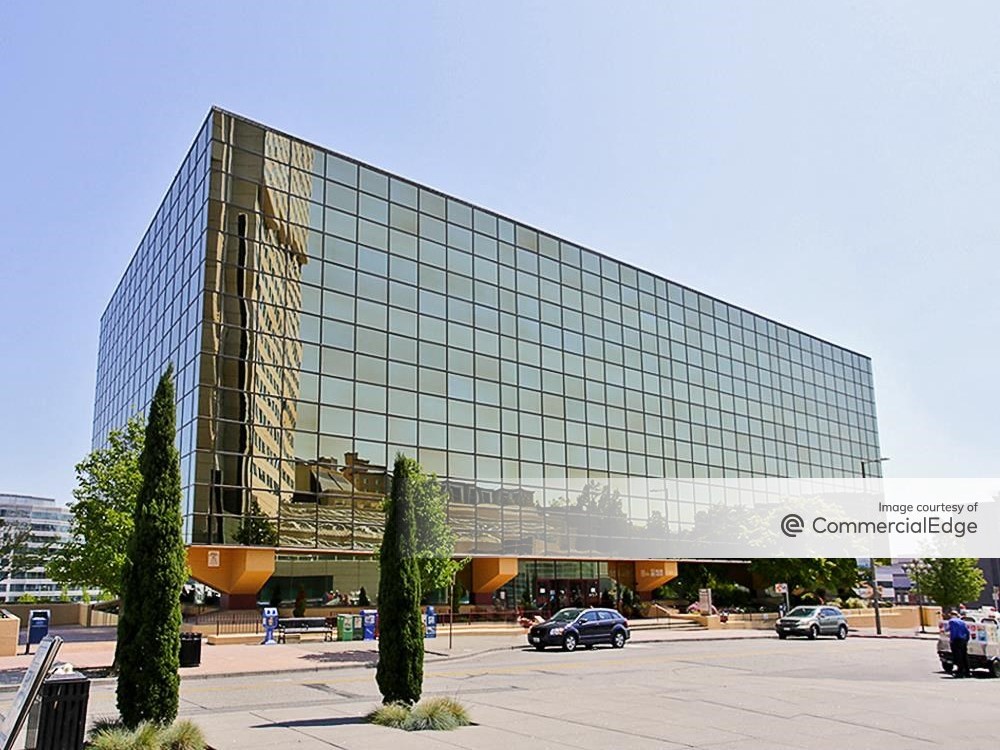Dollar Store Demand Drives Down Cap Rates
Trading activity is high for this 'essential' net lease category, according to Randy Blankstein of The Boulder Group.

Randy Blankstein
Cap rates within the single-tenant net lease dollar store sector compressed by 12 basis points to 6.98 percent in the second quarter of 2020 when compared to the second quarter of 2019. This represented the lowest cap rates for the dollar store sector in the past three years. Cap rates for all three of the major dollar store retailers (Dollar General, Family Dollar and Dollar Tree) compressed during this time frame; however, the dollar store sector remained priced at a discount to the overall net lease retail market. Cap rates for Dollar General, Family Dollar and Dollar Tree compressed by 15, 10 and 7 basis points, respectively.
Throughout the majority of 2020, dollar stores represented an important niche within the net lease sector as they were categorized as essential retailers during the COVID-19 pandemic. Investors, especially those in 1031 exchanges, pursued dollar store assets over other net lease options as dollar stores were open for business, experienced high sales volumes and had financing available. The increased demand for this sector is the primary contributing factor for the decrease in cap rates. Furthermore, the median remaining lease term for available properties during the second quarter increased by one year to approximately 11 years.
Low Barriers, High Expectations
Meanwhile, 1031 investors with lower absolute dollar amount exchanges continue to flock to this sector. Dollar store properties offer investors long-term leases to investment-grade tenants at higher cap rates compared to the overall net lease market. Dollar store properties were priced at a 73-basis-point discount to the overall net lease retail market (6.25 percent) in the second quarter of 2020. While the overall net lease market transaction volume experienced a sharp decline of more than 20 percent through the first two quarters of 2020, transactions in the single tenant dollar store sector increased by approximately 3 percent.
The net lease dollar store sector will continue to be active as investors are attracted to the higher yields this asset class generates when compared to other net lease sectors. As dollar store retailers continue to perform in all types of economic environments, investors of all classes will continue to seek out these investments. A recent poll conducted by The Boulder Group illustrated the majority of net lease participants (62 percent) expect dollar store transactions to increase in the last two quarters of 2020 when compared to 2019. New construction dollar stores will remain in the highest demand, and the national expansion plans of the dollar store retailers will keep supply up regardless of their heightened demand.
Randy Blankstein is the president of net lease advisory firm The Boulder Group.







You must be logged in to post a comment.